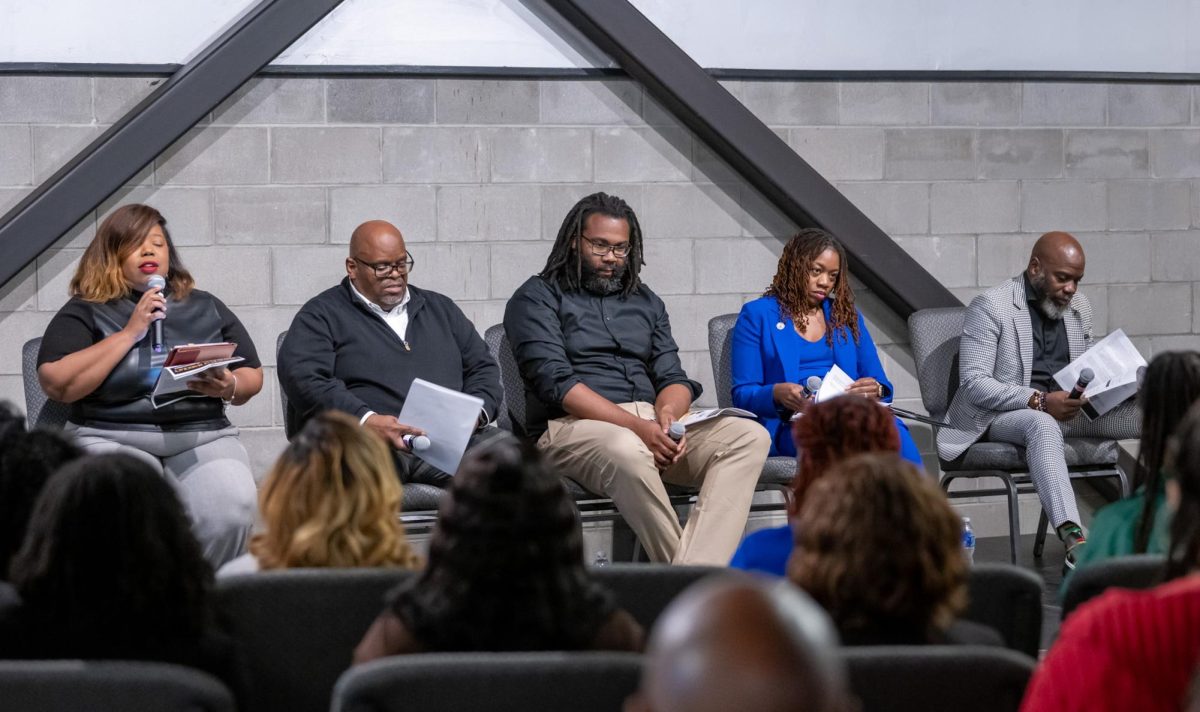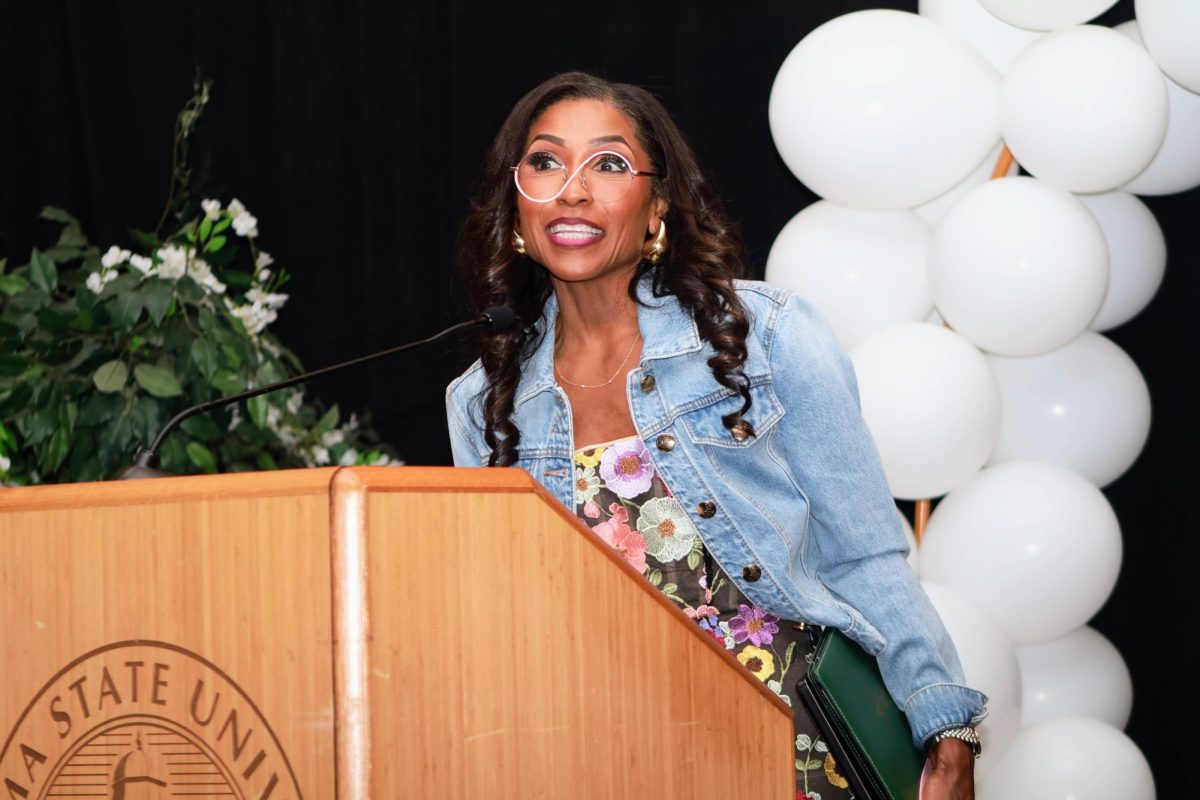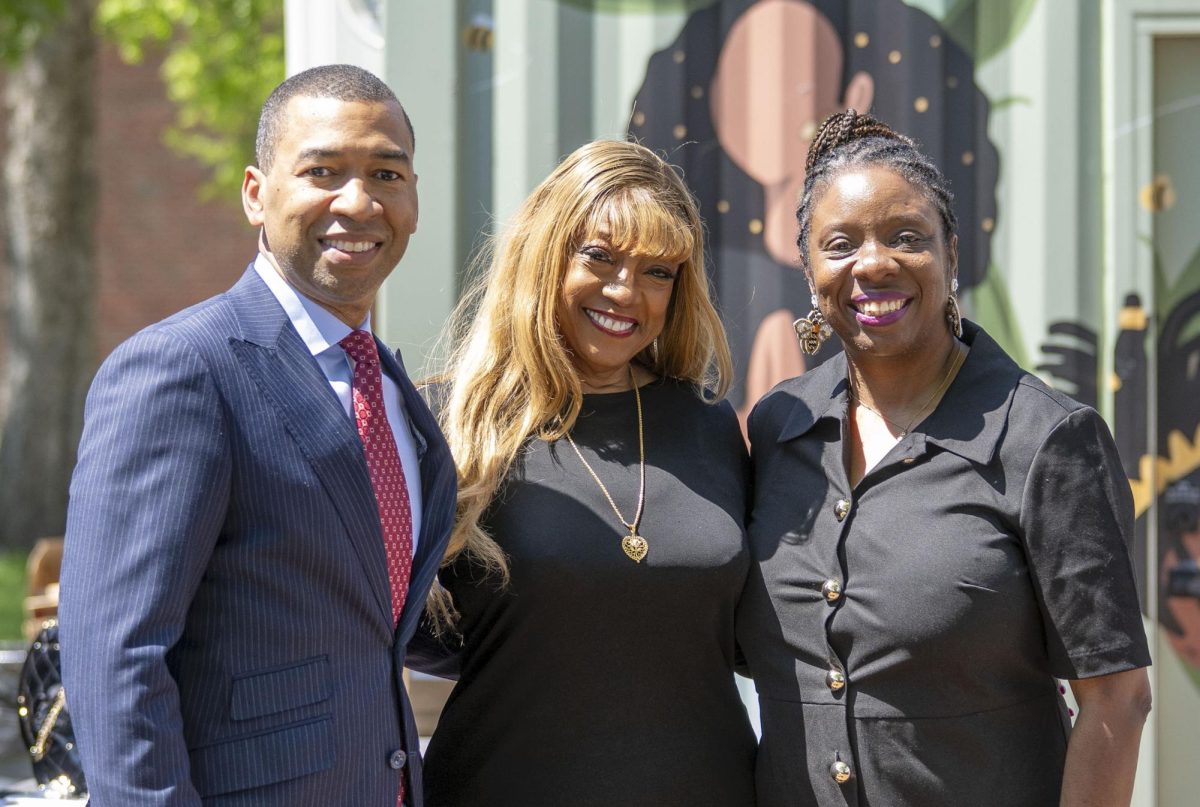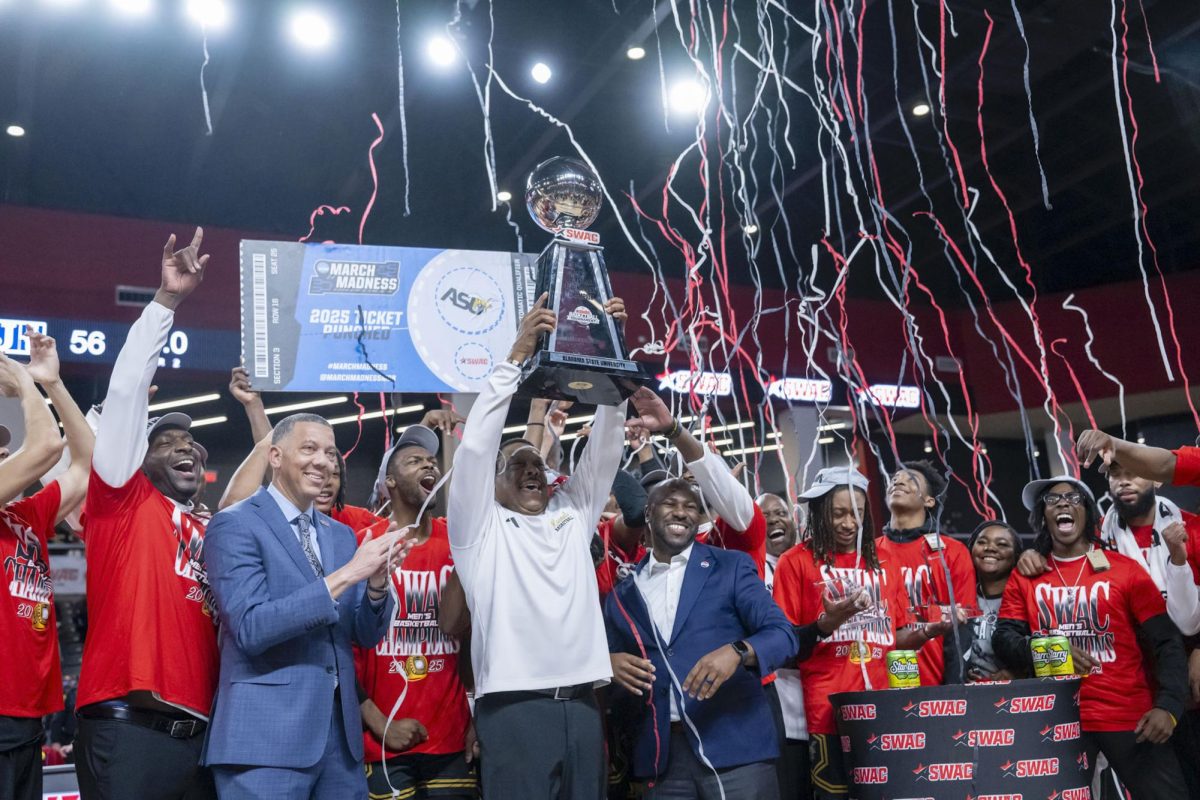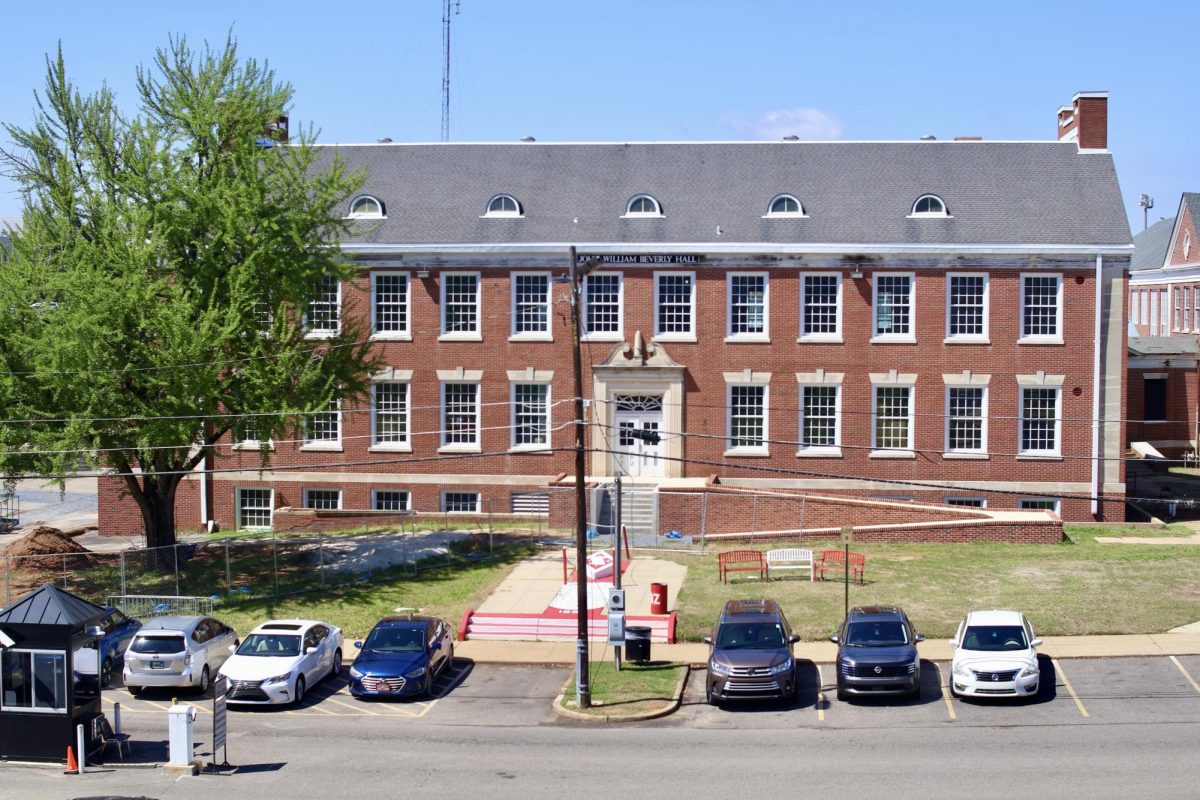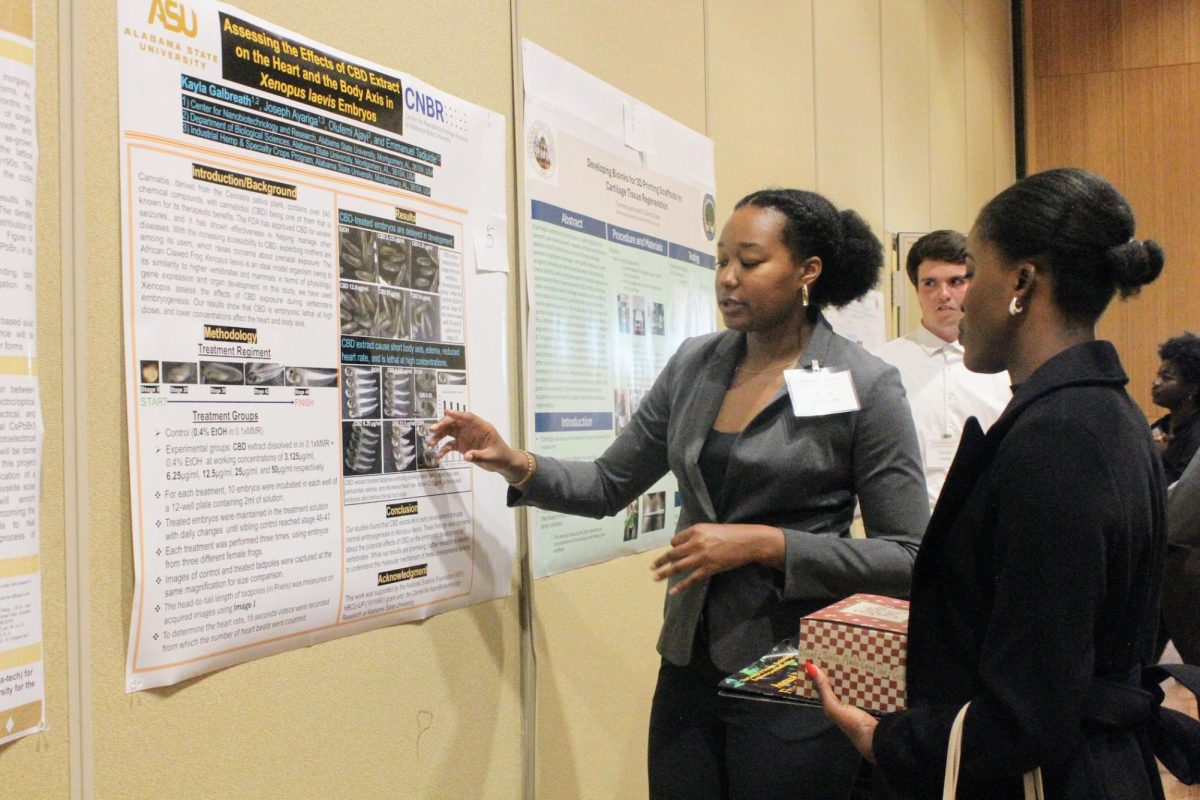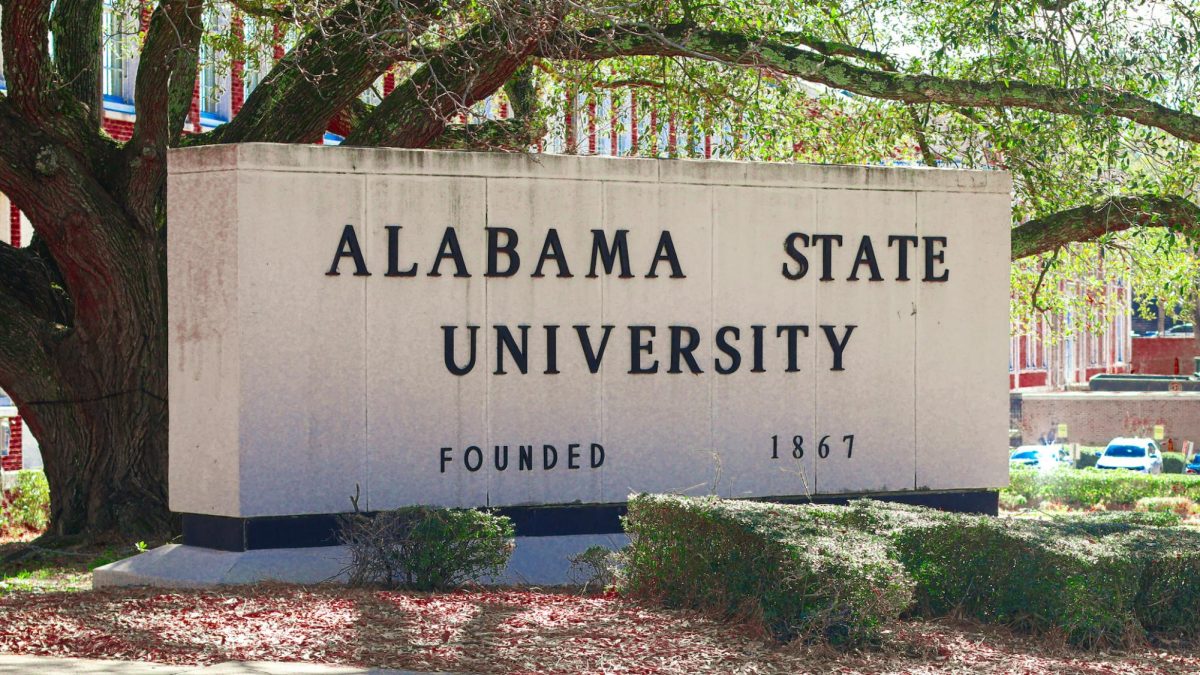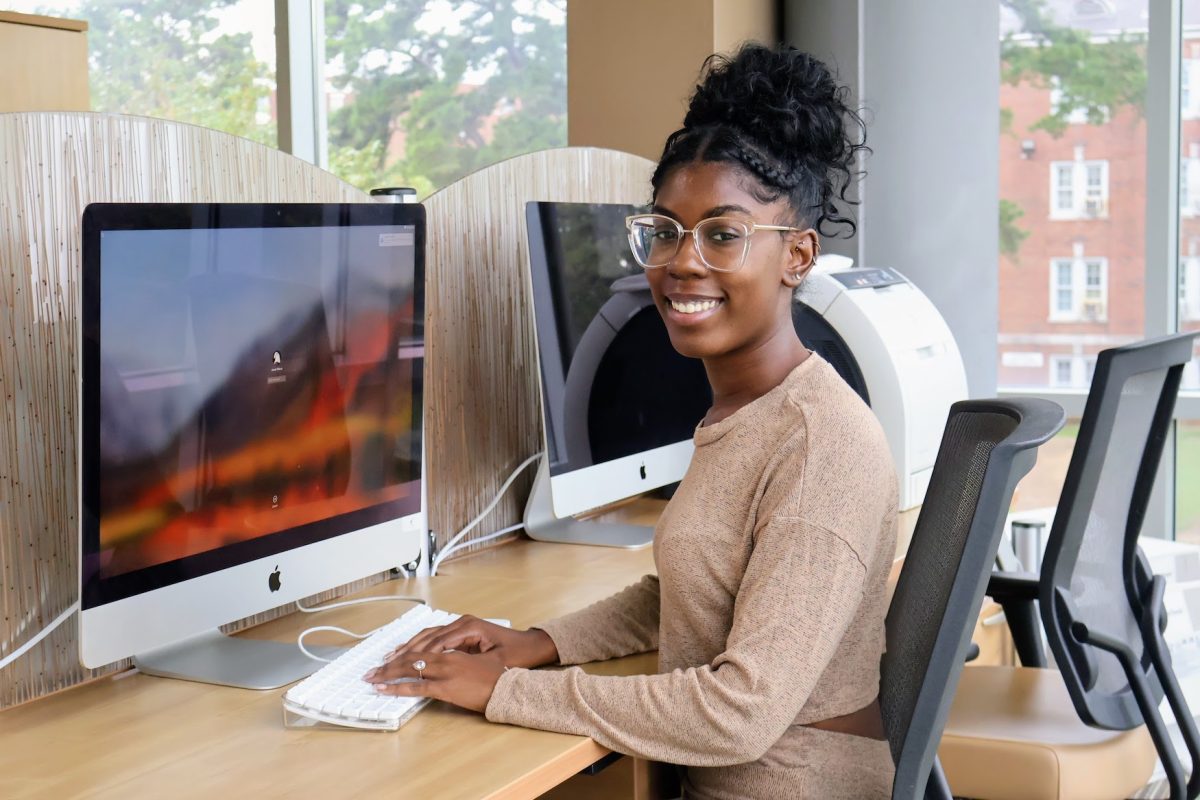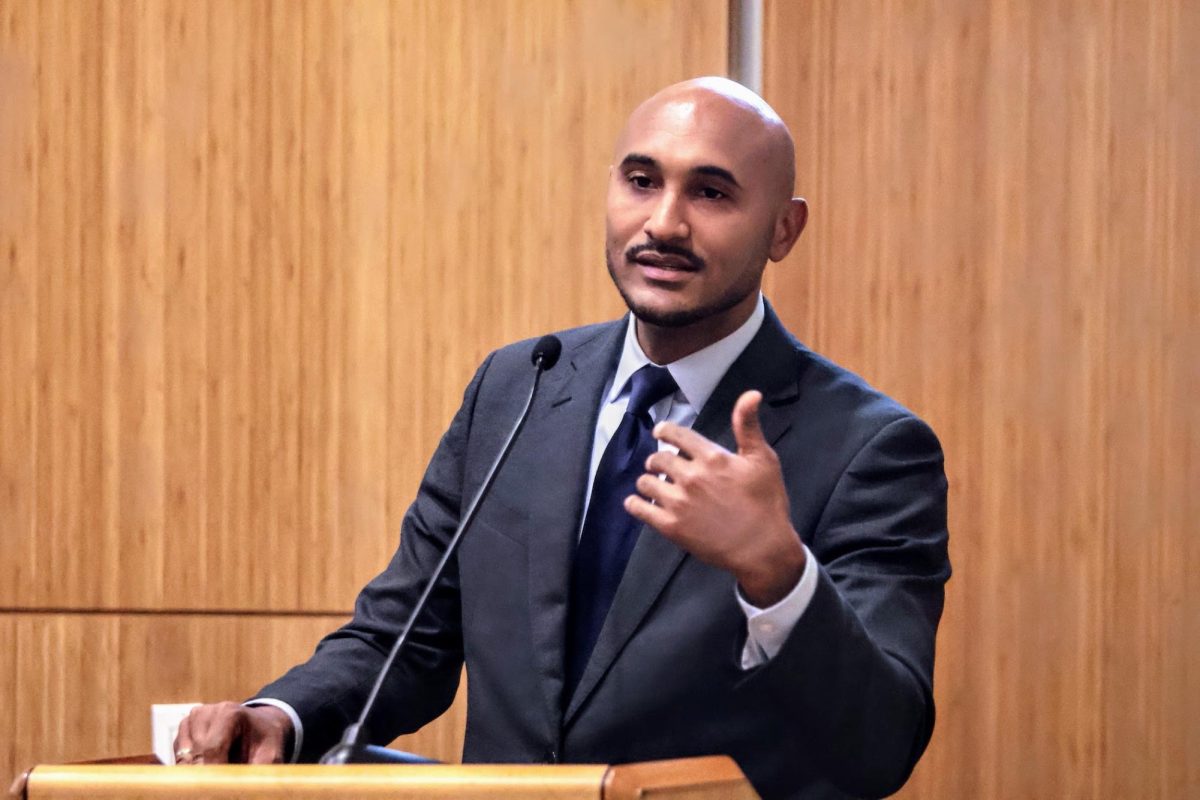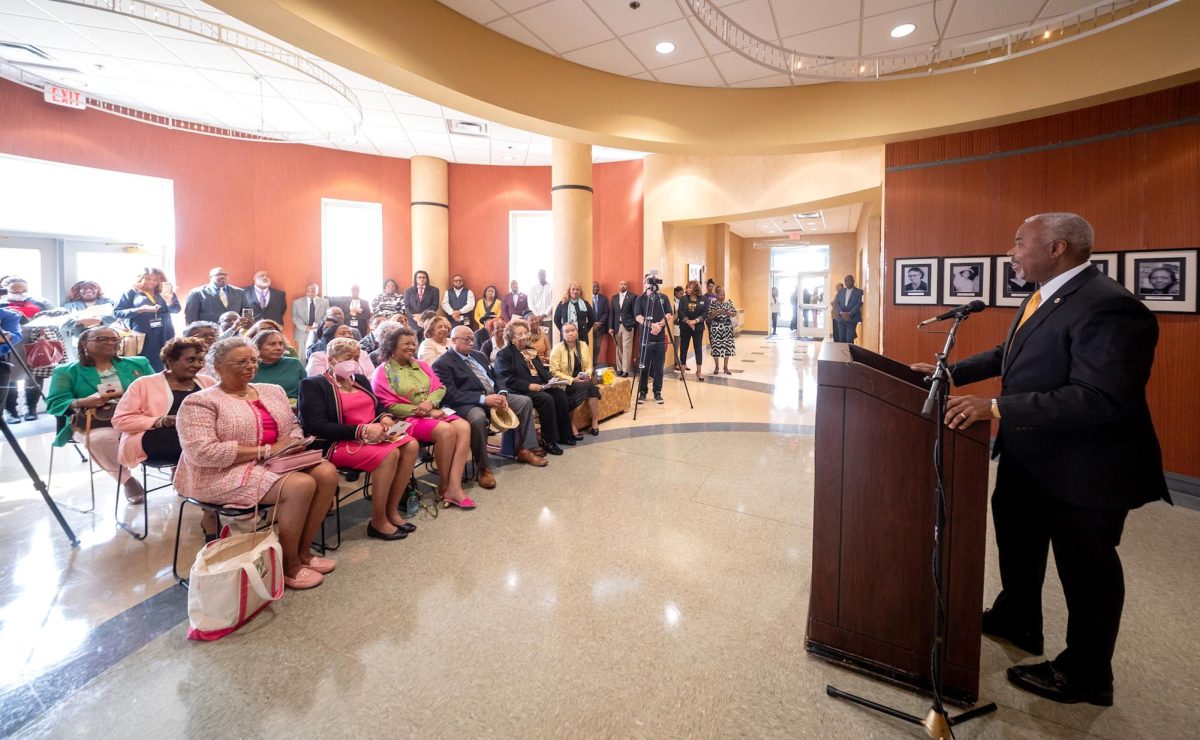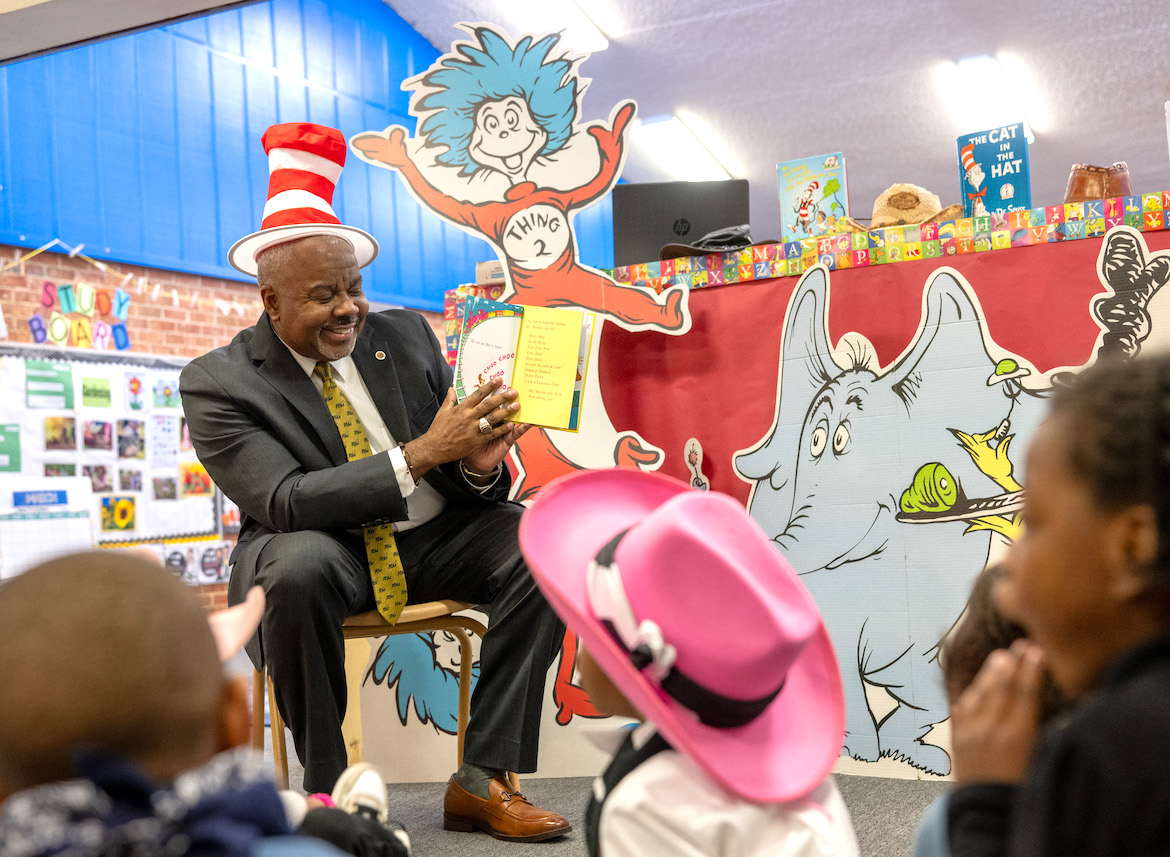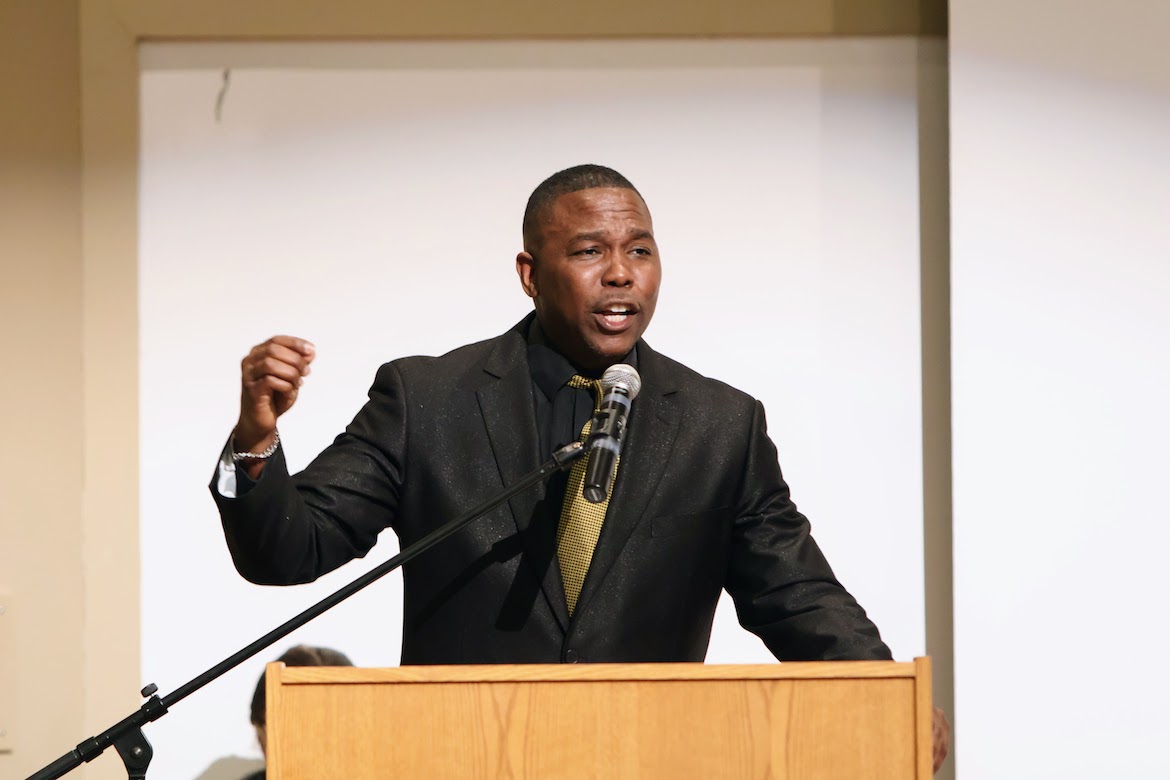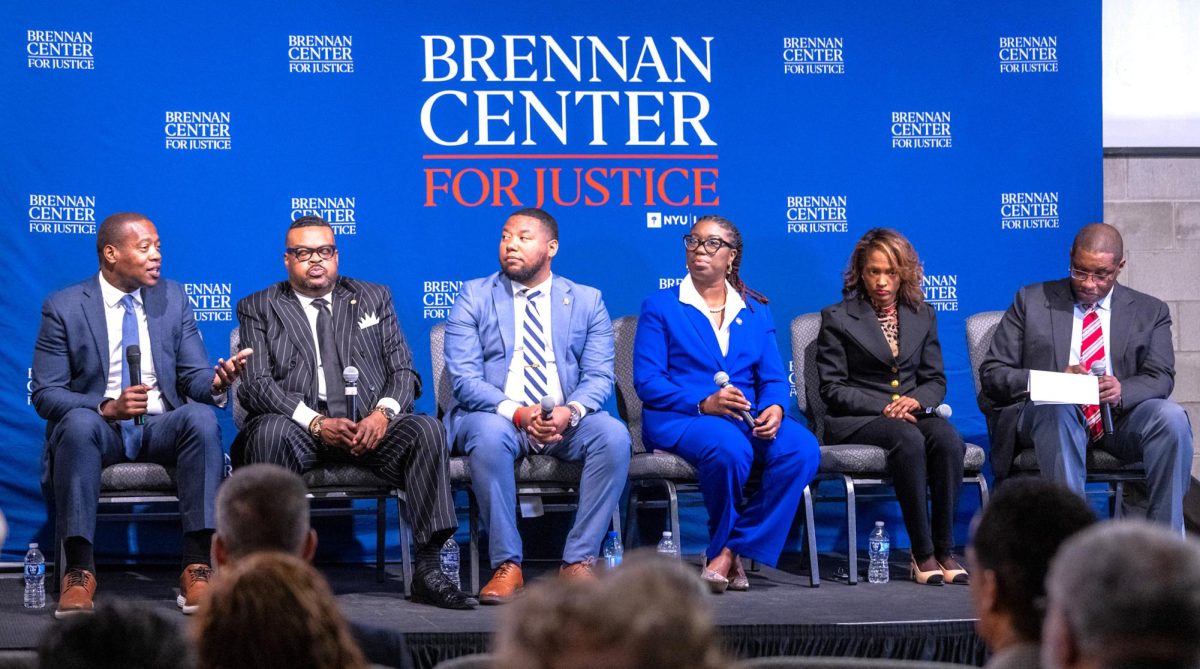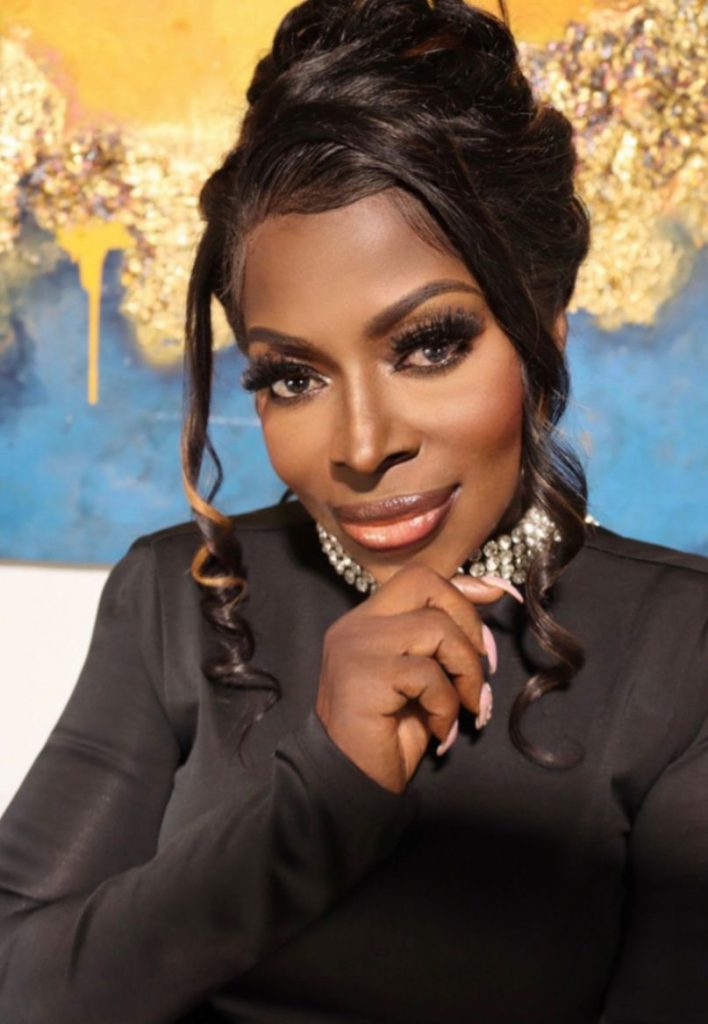Three weeks after the commemoration of the Selma to Montgomery bridge crossing, panelists gathered at the Montgomery Interpretive Center, March 24 at 6 p.m., to discuss the current state of democracy and voting rights, marking 60 years since the historic Selma to Montgomery March.
Howard Robinson, Ph.D., associate library director for Archives and Cultural Heritage Services at the university, highlighted the enduring significance of the march, describing it as a symbol of collective triumph.
“The Selma to Montgomery March is one of those symbols of a collective triumph over an America that was,” Robinson said. “It illustrates what people can do if they organize, if they make a collective statement, how they can change the trajectory of this nation.”
Robinson added that historical memory of the event has often been simplified, noting that the march originated as a memorial after the death of Jimmie Lee Jackson in Marion, Alabama, and was part of a broader strategy aimed at passing the Voting Rights Act.
“It was a culminating event that really came about as a result of protests all over this nation,” Robinson said. “This was a major campaign. It wasn’t as unified as we’d like to think.”
Journalist and author Michael Harriot emphasized misconceptions about civil rights history and its portrayal today, emphasizing that America only became a democracy after the Selma to Montgomery march.
“America has been a democracy, if at all, for 60 years because Black people made it by marching from Selma to Montgomery,” Harriot said. “America was not a democracy before that.”
Harriot criticized current perceptions of protests as “performative,” arguing that historical demonstrations had clear, direct goals beyond symbolic action.
“Nobody thought they were going to change people’s minds by walking,” Harriot said. “The police killed somebody, and they said, ‘We’re going to march from Selma, where they killed the dude, to Montgomery and confront the governor.’ Now, we think of it just as a march.”
JaTaune Bosby-Gilchrist, executive director of the American Civil Liberties Union (ACLU) of Alabama, spoke about the impact of the 2013 Shelby County v. Holder Supreme Court decision, which weakened federal oversight of state elections.
“Quite literally within the next 24 hours, you saw every state implementing voter ID laws,” Bosby-Gilchrist said. “Those are all tactics and that happened by way of the Shelby decision.”
She emphasized that current legislative challenges in Alabama go beyond simple political conflicts, describing them as “an attack on legacy institutions.”
“When you’re seeing the erosion of voting rights, when you’re seeing the attack on maternal health and reproductive health care rights, when you’re seeing an attack on dissent and the First Amendment holistically, we have to begin reimagining what this looks like,” Bosby-Gilchrist said.
Evan Milligan, executive director of the Jubilee Community Center and the lead plaintiff in the landmark Supreme Court case Allen v. Milligan, described Alabama’s persistent efforts to resist creating fair voter districts.
“Our case revealed that the State of Alabama is still absolutely committed to fighting even the minimum recognition of creating mild arguments about federal voter representation,” Milligan said. “We have won this case now four times in the federal court system and are still in litigation.”
Milligan challenged the audience to consider their own actions regarding democracy and voting rights, asking, “What are you willing to do to not only protect the little bit of political power that you currently have, but to actually get something a little bit closer to full equal participation?”
Robinson also underscored the continuing relevance of lessons from past movements, specifically mentioning the Montgomery Bus Boycott’s strategy.
“The Montgomery Bus Boycott set a template for movements in that it popularized the idea of nonviolent civil disobedience,” Robinson said. “You have all these elements. Dedication, nonviolence, direct action, church-based organizing, and mass meetings.”
Harriot concluded by calling for active resistance rather than passive acceptance of laws that are not equitably enforced, emphasizing the need for action beyond mere compliance.
“Law, if you don’t enforce it, it’s just words on paper,” Harriot said. “If you write a law that says separate but equal, but nothing separate is equal, then it’s not a law.”
Attendee Kevin King, founder of the King’s Canvas in Montgomery, emphasized a key takeaway from the panel discussion was the importance of fact-checking. “There’s a lot of misinformation around,” King said. “We rally around misinformation and create movements centered around information that isn’t necessarily correct.”
Amylah Charles, a student from San Francisco State University attending the event, shared that Harriot’s remarks deeply resonated with her, particularly his emphasis on Black joy as activism.
“It was reiterated to me by Mr. Harriot how we’re not only fighting for our rights, but we’re fighting for the dancing side of us, the life, the animated attributes of ourselves,” Charles said. “That really gave me more comfort in embracing my Black joy as a form of activism.”
Categories:
Panel discusses progress made after ‘Selma to Montgomery march’
Denise Ringo, Managing Editor
March 29, 2025
Associate Library Director Howard Robinson, Ph.D., Executive Director of the Jubilee Center Evan Milligan, ACLU Executive Director JaTaune Bosby-Gilchrist, columnist at theGrio.com Michael Harriot, discuss the state of democracy, as well as the progress that was made after the historic Selma to Montgomery march and the numerous setbacks that Blacks have encountered since the march.
Story continues below advertisement
0
More to Discover


